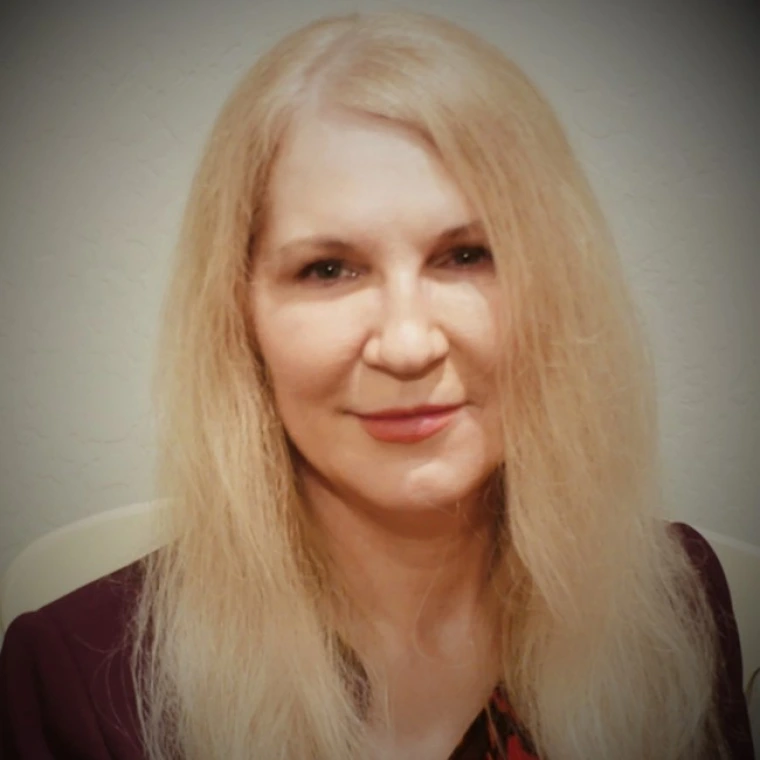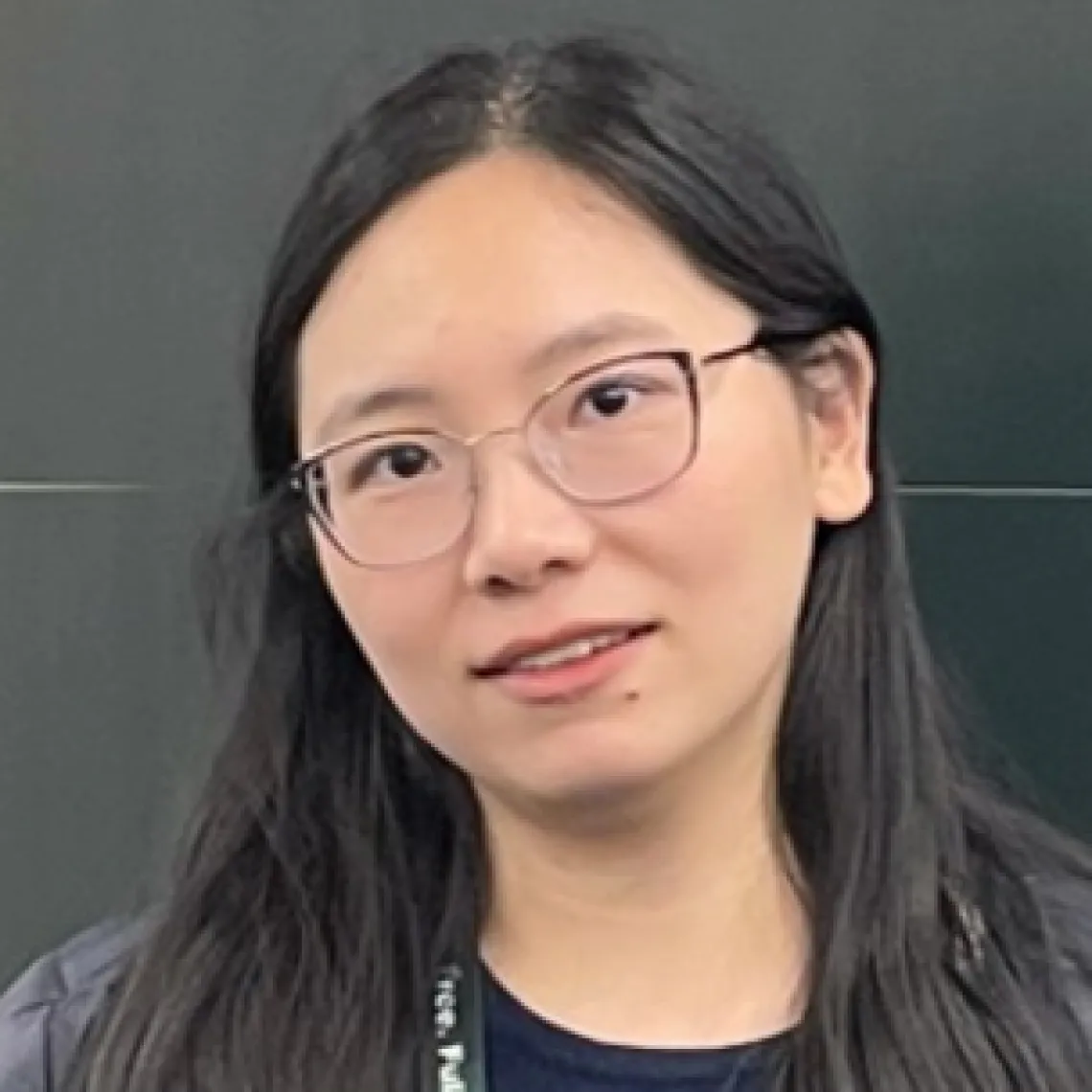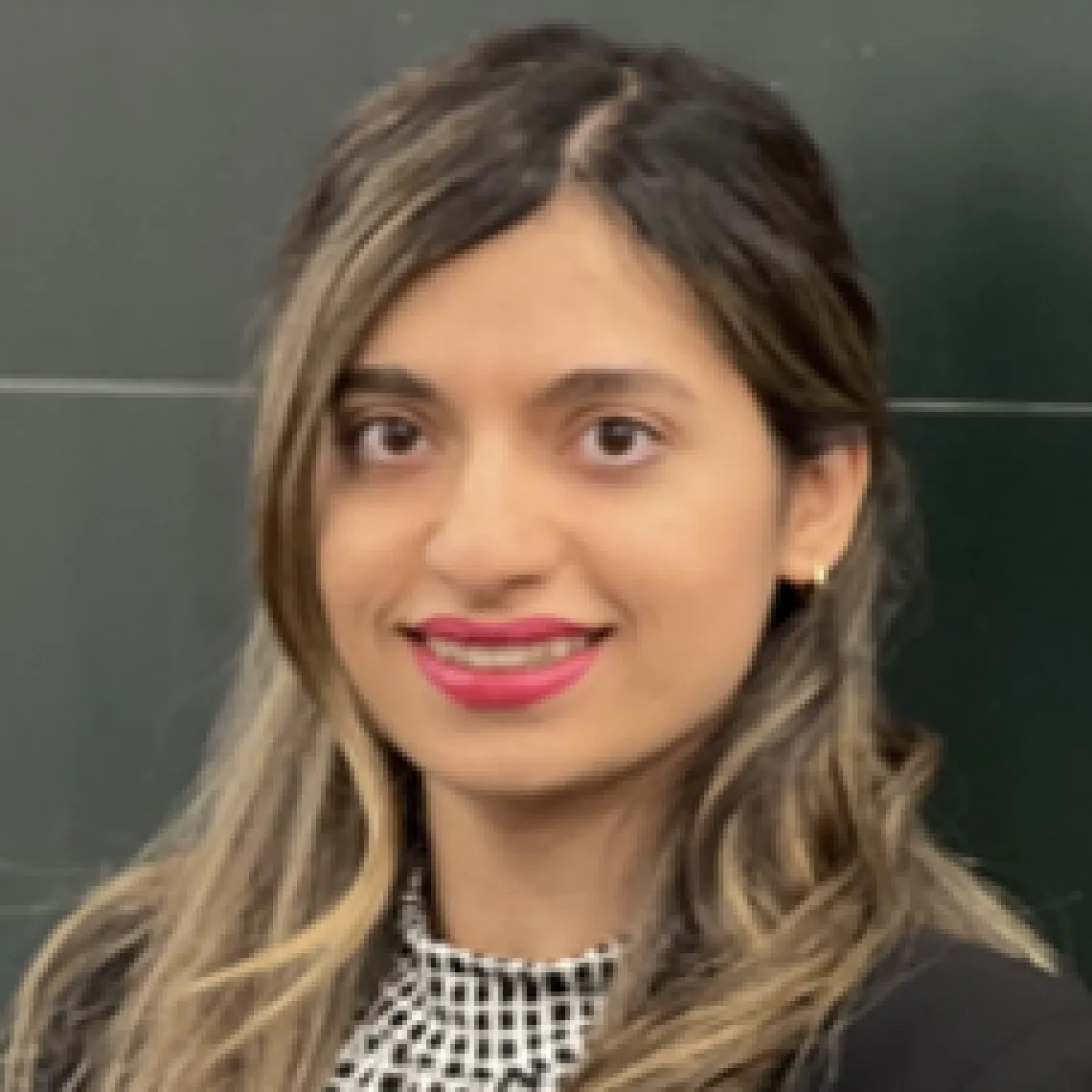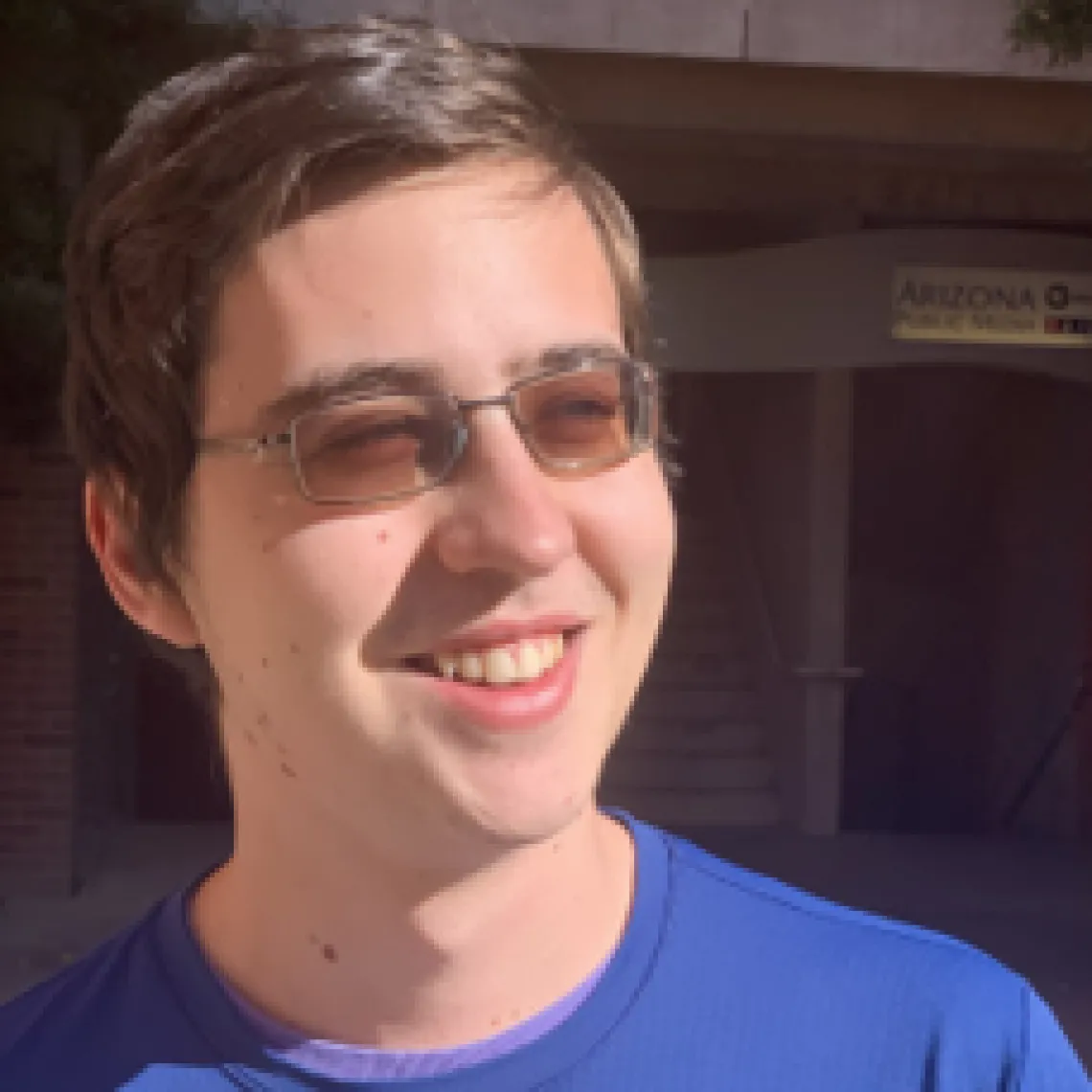Janine Hinton

Note: Titles and affiliations appear as they were at time of award.
Preventing and Managing Patient Deterioration: Simulated Clinical Time Travel and Augmented Intelligence
Clinical simulations provide immersive learning and development of competencies without harming patients. This CUES project will develop and evaluate the feasibility of clinical simulations that enable interprofessional teams to travel through simulation-time (sim-time) along the trajectory of patient physiologic deterioration. Project scenarios will enable experimentation and opportunities to go back in sim-time to correct mistakes.
Over 20 years ago the Institute of Medicine identified the grand challenge of preventable deaths due to medical errors. Prior to COVID-19 becoming the leading cause of death in the United States (Cox & Amin 2021), medical errors were estimated as the third most common cause of death (Makary & Michael, 2016). Failure to Rescue (FTR) deteriorating patients is one error type. The project will use emerging technologies (VR, MR, AI) to develop Complex Adaptive Competencies needed to identify, prevent, and manage patient deterioration. The project will enhance University of Arizona Health Sciences students’ readiness to prevent FTR events and improve patient survival.
Project Outcomes
Yijie Chen Yijie is a doctoral student at the University of Arizona with a focus on multi-level agent-based simulation. Under the guidance of Dr. Young-Jun Son, she participates in the design and development of conversational AI modules and the mixed reality (XR) system. She also works on the analysis of eye tracking data and development of learner performance measures. | Image

| ||
Kamelia Sepanloo Kamelia is a doctoral student at the University of Arizona with a focus on conversational AI and reality (XR) system. Under the guidance of Dr. Young-Jun Son, she participates in the design and development of conversational AI modules and the mixed reality (XR) system. She also works on the analysis of eye tracking data and development of learner performance measures. | Image

| ||
Daniel Shevelev Daniel is a senior at the University of Arizona pursuing a computer science degree and serves as the lead virtual reality (VR) and augmented reality (AR) developer for the simulation time travel deteriorating patient scenarios. He is a part of Dr. Bryan Carter's CDH team that is contributing to the project including computer science majors Nathan Teku and Ishika Patel. | Image

|
Other contributors to this project include Nathan Teku and Ishika Patel, Student Developers, Center for Digital Humanities; Dr. Bryan Carter, CUES Distinguished Fellow and Director, Center for Digital Humanities; Dr. Young-Jun Son, Department Head, School of Industrial Engineering, Purdue University.
Publications
Sepanloo, K., Shevelev, D., Son, Y.-J., Aras, S., & Hinton, J. E. (2025). Assessing physiological stress responses in student nurses using mixed reality training. Sensors, 25(10), 3222. DOI: doi.org/10.3390/s25103222.
Sepanloo K., Shevelev D., Islam M.T., Son Y.J., Aras S., Hinton J.E. (2025). Improving nursing education through an AI-enhanced mixed reality training platform: development and pilot evaluation. Education Tech Research Dev. DOI: doi.org/10.1007/s11423-025-10473-2.
May 2024: Gilbert simulation center gets student nurses ready for real world. UArizona Health Sciences Office of Communications, Tucson, AZ.
Sepanloo, K., Chen, Y., Shevelev, D., Hinton, J., Aras, S., Son, Y-J., Newton, T., Carter, B., & Machtley, S. (2023). A Multi-Sensor Integrated with Augmented Reality System for Precise Nursing Education and Analysis. (Paper presentation). Institute of Industrial and Systems Engineers, IISE 2023, New Orleans, LA.
Products
MAR 2025: Episode 8 – Improving nursing education through an AI-enhanced mixed reality training platform (Podcast). EdTech Pedagogy Explained Blog. Spotify.
Presentations
SEP 2025: AI as a rater: equitable & just assessment in simulation education (Poster), NLN2025 Education Summit, National League for Nursing, Orlando, Florida, with Rogers, B.A., Dohm, M., & Sepanloo, K.
JUL 2025: BIO5 Inspiring Women in STEM 2025 (Invited Panelist), Thomas W. Keating Bioresearch Building, University of Arizona, Tucson, AZ.
JUN 2025: Fairness in focus: implementing equitable and just assessments in simulation education (Workshop), INACSL2025, International Association for Clinical Simulation and Learning, Denver, Colorado, with Rogers, B.A., Dhom, M., Lysius, D., & Aguirri, A.B.
JUN 2025: How nurse educators are using simulation to evaluate competency in undergraduate learners (Podium), INACSL2025, International Association for Clinical Simulation and Learning, Denver, Colorado, with Sinoski, J.A., Rogers, B.A., Moreland, E., Wands, L.M., Campbell, S.H., Luctkar-Flude, M., De La Rocha, A.B., & Killam, L.A.
JUN 2025: Competency assessments in simulation education: AI as a performance rater, Simulationist Innovations and Mentoring Session, University of Arizona College of Nursing. Virtual, with Hardy, C.
JUN 2025: Integrating compassion and simulation technology: advancing care with extended reality, artificial intelligence, and biosensors (Invited Presentation), Inland NW Nurse Educator Conference, Gonzaga University, Spokane, WA, with Sepanloo, K., & Shevelev, D.
MAY 2025: Assessing cognitive load in nursing training using extended reality and physiological monitoring, IISE Annual Conference & Expo, Institute of Industrial and Systems Engineers, Atlanta, Georgia, with Sepanloo, K., & Son, Y.J.
APR 2025: Integrating empathy, compassion & simulation technology: advancing care with extended reality, artificial intelligence, & biosensors, Simulationist Innovations and Mentoring Session, University of Arizona College of Nursing, Virtual, with Sepanloo, K., & Shevelev, D.
JAN 2025: Intelligent simulation environment: extended reality and conversational artificial intelligence (Poster), IMSH2025: Society for Simulation in Healthcare Conference, Orlando, Florida, with Sepanloo, K. & Shevelev, D.
OCT 2024: Intelligent simulation environment for competence: digital patients - XR, AI, & biosensors in action! (Invited Plenary Session), Arizona Simulation Network 14th Annual Conference, Phoenix, AZ, with Sepanloo, K., Aras, S., Shevelev, D., Son, Y-J, Hardy, C.
SEP 2024: Intelligent Simulation Environment for Competence: XR, AI, & Biosensors, National League of Nursing Education Summit 2024, San Antonio, TX, with Sepanloo, K., Shevelev, D., & Hardy, C.
JUN 2024: International collaboration for survey development to gauge utilization, facilitators, and barriers of evaluating learner competencies in simulation: The preliminary steps, USA 6th Global Conference On Nursing Education, Science & Research (GCNESR-2024), Virtual, with Sinoski, J.A., & Rogers, B.
JUN 2024: International collaboration for survey development to gauge utilization, facilitators, and barriers of evaluating learner competencies in simulation: Preliminary steps (Poster Presentation), INACSL24: International Association for Clinical Simulation and Learning Conference, Raleigh, NC, with Wands, L.M., Rogers, B.A., Lockhart, R.D., Sinoski, J.A., de la Rocha, A.B., & Campbell, S.H.
APR 2024: Improving nursing education through an AI-enhanced mixed reality training platform (Poster Presentation), Purdue Systems Collaboratory Summit 2024, West Lafayette, IN, with Sepanloo, K. & Son, YJ.
APR 2024: Patient Rescue Simulations Using XR, AI & Biosensors, CUES Inside UAZ-Funded Scholarship Series, University of Arizona, Tucson, AZ.
OCT 2023: Leveraging Gamification, Extended Reality (XR), Bio-sensors, & Artificial Intelligence (AI) to Produce Diverse, Equitable, & Inclusive Adaptive Simulations, Arizona Simulation Network 13th Annual Conference, Sun City, AZ.
APR 2023: Playing for Competence: Gamification, Extended Reality (XR), Bio-Sensors, & Artificial Intelligence (AI) for Adaptive Precision Education (Invited State of the Science Presenter, Education), 2023 Western Institute of Nursing (WIN) Conference, Tucson, AZ.
OCT 2022: EtCO2 Monitoring to Rescue Deteriorating Patients: Hospital Clinical Nurse Specialists & University Educators Create Novel Simulation, Poster Presentation, 2022 AzNA Annual Convention and Membership Meeting, Chandler, AZ.
JUN 2022: SIMS: Simulationist Innovations & Mentoring Sessions, International Nursing Association for Clinical Simulation and Learning, INACSL22 Conference, Milwaukee, WI.
APR 2022: Enhancing the Scholarship of Teaching and Learning through Mentor-Supported Research Design, CUES Inside UAZ-Funded Scholarship Series, University of Arizona, Tucson, AZ.
DEC 2021: Designing & deploying innovative remote multi-patient simulations, American Association of Colleges of Nursing (AACN) Transform 2021 Conference, Dallas, TX.
DEC 2021: Participant evaluation & inter-rater reliability training, Simulation Innovation and Mentoring Session, University of Arizona College of Nursing, Virtual.
OCT 2021: Augmented intelligence and patient centered clinical reasoning in simulation, Expanding the Horizon: Simulation beyond the Box, 11th Annual Arizona Simulation Network Conference, Brookline College, Phoenix, AZ.
OCT 2021: Collaborative BSN & DNP Student OSCEs & Formative Simulation-Based Education (Two Events in One), Arizona Nurses Association (AzNA) Annual Convention and Membership Meeting, Chandler, AZ.
Broader Engagement
OCT 2022: Proposed for 2023-2026: Collaborative Research: Intelligent Simulation Environment & Precision Education: Biosensors, Mixed Reality, & Artificial Intelligence to Escalate Complex Adaptive Competencies, NSF 20-612, University of Arizona (lead institution) and Purdue University (collaborator).
OCT 2022-JUNE 2023: Advancing the use of Mobile Personal Assistants in Healthcare and the Humanities, SensorLab Student Seed Grant, University of Arizona, $56,160.
JAN 2022: Intelligent Simulation Environment (ISE): Integrating Sensors, Mixed Reality and Artificial Intelligence to Escalate and Validate Complex Adaptive Competencies, SensorLab Seed Grant, University of Arizona, $54,929.48.

